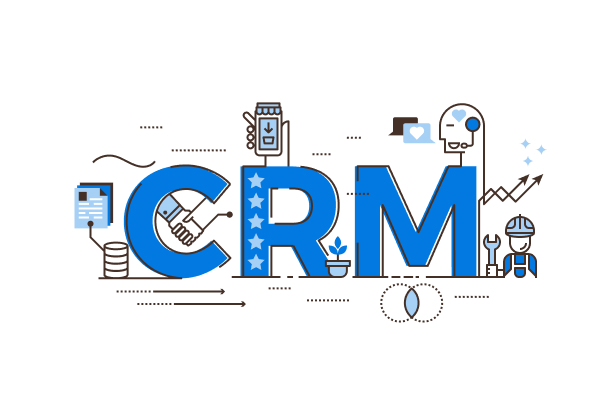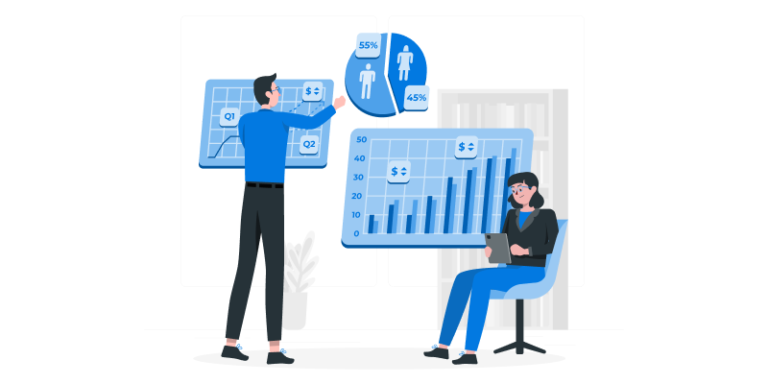In today’s competitive business landscape, maintaining strong relationships with customers is crucial for success. Customer Relationship Management (CRM) systems have emerged as essential tools to help businesses manage these relationships effectively. This comprehensive guide delves into the basics of CRM, its core components, and the myriad benefits it offers to organizations of all sizes.
What is CRM?
Customer Relationship Management (CRM) refers to the strategies, technologies, and practices that organizations use to manage and analyze interactions with current and potential customers throughout the customer lifecycle. The primary goal of CRM is to improve business relationships, promote customer retention, and drive sales growth. By centralizing customer information, CRM systems provide businesses with a comprehensive view of their interactions, enabling more personalized and efficient service.
Core Components of CRM
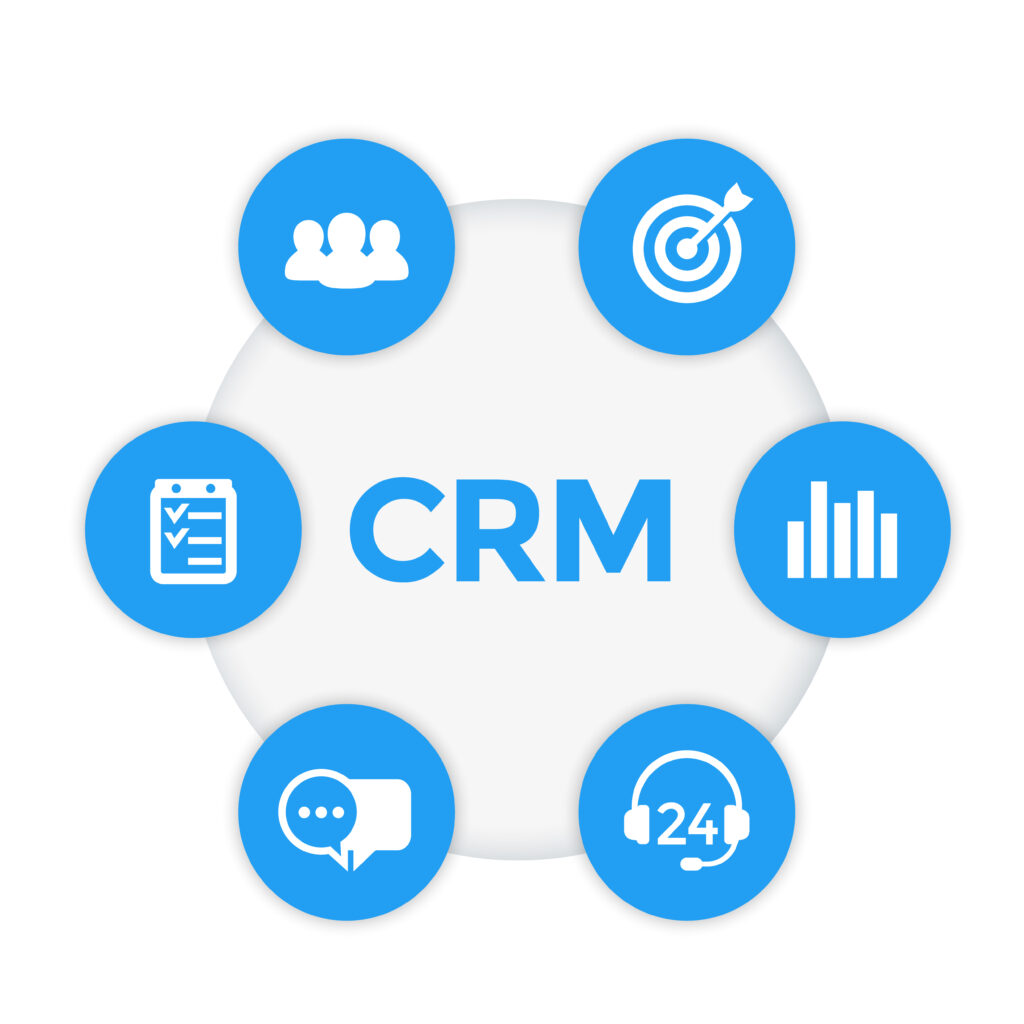
CRM systems encompass various components, each serving a distinct purpose in managing customer relationships.
Operational CRM
Operational CRM focuses on automating and streamlining customer-facing processes, including sales, marketing, and customer service. By managing these interactions efficiently, businesses can enhance customer satisfaction and reduce operational costs.
Analytical CRM
Analytical CRM involves the analysis of customer data to gain insights into customer behavior and preferences. This component utilizes data mining and pattern recognition techniques to inform business decisions, allowing for targeted marketing campaigns and improved customer retention strategies.
Collaborative CRM
Collaborative CRM emphasizes the sharing of customer information across different departments within an organization, such as sales, marketing, and customer support. This integrated approach ensures that all teams have access to up-to-date customer data, leading to more cohesive and informed interactions with customers.
Key Features of CRM Systems
Modern CRM systems offer a variety of features designed to enhance customer relationship management.

Contact Management
CRM systems centralize customer information, including contact details and communication history, making it easily accessible to relevant teams. This centralization facilitates more personalized and efficient customer interactions.

Sales Management
By tracking sales activities, deals, and performance metrics, CRM systems provide valuable insights into sales processes. This information helps identify opportunities for improvement and supports sales forecasting.

Marketing Automation
CRM systems automate repetitive marketing tasks, such as email campaigns and social media posts, ensuring consistent and timely communication with customers. This automation enhances marketing efficiency and effectiveness.

Customer Service Management
Managing customer inquiries and support tickets becomes more streamlined with CRM systems, leading to faster response times and higher customer satisfaction.

Reporting and Analytics
CRM systems offer reporting and analytics tools that provide insights into customer behavior, sales trends, and campaign performance. These insights support data-driven decision-making and strategy development.
Benefits of Implementing a CRM System
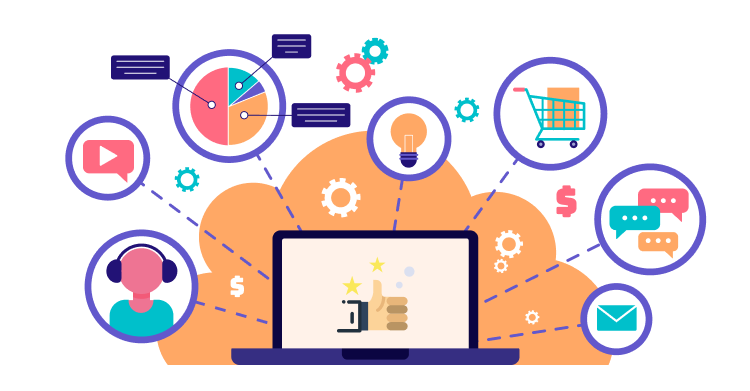
Adopting a CRM system offers numerous advantages that can significantly impact a business’s success.
Enhanced Customer Relationships
By providing a comprehensive view of customer interactions, CRM systems enable businesses to offer personalized experiences, strengthening customer loyalty and satisfaction.
Increased Sales
CRM systems help identify sales opportunities, streamline sales processes, and track performance, leading to increased sales and revenue growth.
Improved Customer Retention
By facilitating timely and personalized communication, CRM systems enhance customer satisfaction and loyalty, leading to improved retention rates.
Better Data Analysis and Reporting
With centralized data and analytical tools, CRM systems enable businesses to gain valuable insights into customer behavior and business performance, supporting informed decision-making.
Higher Productivity and Efficiency
Automating routine tasks and providing easy access to customer information allows employees to focus on more strategic activities, boosting productivity and efficiency.
Improved Customer Satisfaction
By ensuring timely and personalized responses to customer inquiries, CRM systems enhance overall customer satisfaction and experience.
Streamlined Internal Communication
A CRM system facilitates better communication among team members by providing a centralized platform for sharing customer information. This ensures that all departments are aligned and can collaborate effectively to meet customer needs.
Scalability for Business Growth
As your business expands, a CRM system can scale accordingly, accommodating increased data and more complex processes without compromising performance. This scalability supports sustainable growth and adaptability in a changing market.
Enhanced Data Security
CRM systems often come with robust security features that protect sensitive customer information, ensuring compliance with data protection regulations and building trust with your clientele.
Integration with Existing Business Applications
Modern CRM solutions can integrate seamlessly with other business tools, such as email marketing platforms, accounting software, and e-commerce systems. This integration streamlines workflows and ensures consistency across various business functions.
Mobile Accessibility
Many CRM systems offer mobile applications, allowing your team to access customer data and perform tasks on-the-go. This mobility enhances productivity and ensures that your team can respond to customer needs promptly, regardless of their location.
Incorporating a CRM system into your business strategy not only enhances customer relationships but also optimizes internal processes, leading to increased efficiency and profitability.
Choosing the Right CRM for Your Business
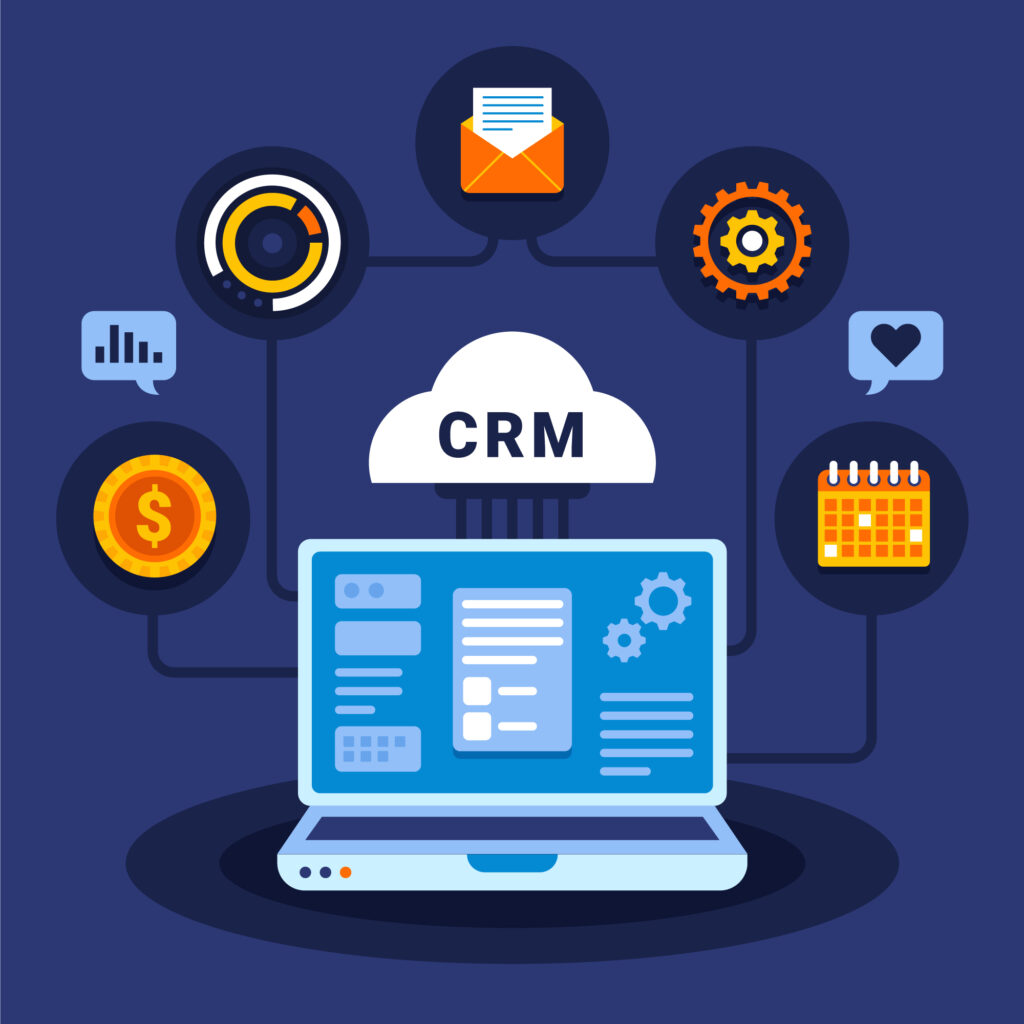
Selecting a CRM system that aligns with your business needs is crucial for maximizing its benefits. Consider the following factors when choosing a CRM:
- Business Objectives: Identify your primary goals, such as improving customer service, increasing sales, or enhancing marketing efforts, to ensure the CRM supports these objectives.
- User-Friendliness: Opt for a system that is intuitive and easy for your team to adopt, minimizing the learning curve and encouraging consistent use.
- Customization: Ensure the CRM can be tailored to fit your specific industry requirements and business processes.
- Integration Capabilities: Verify that the CRM can integrate with your existing tools and platforms to maintain seamless operations.
- Scalability: Choose a CRM that can grow with your business, accommodating future expansion and evolving needs.
- Cost: Evaluate the pricing structure to ensure it fits within your budget while still offering the necessary features and support.
By carefully assessing these factors, you can select a CRM system that not only meets your current requirements but also supports your long-term business strategy.
Conclusion
Understanding the basics and benefits of Customer Relationship Management is essential for any business aiming to thrive in today’s competitive market. A well-implemented CRM system enhances customer relationships, improves internal processes, and drives business growth. By choosing a CRM that aligns with your business objectives and needs, you can unlock its full potential and achieve sustained success.

